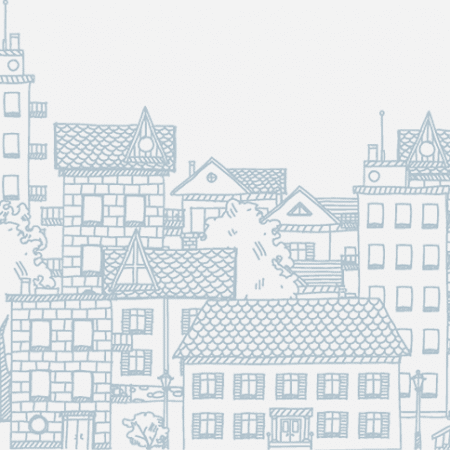The servitude: a real impact on your rights and obligations as an owner
Servitudes are often the source of many questions. They are in effect rights, restrictions or obligations linked to your property. They are often also known as « charges ». Generally, the charges are directly attached to the property and not to its owner. They are created for the benefit, among others, of your or another property, public utilities or person. Most of the time, they are registered in the real estate titles of the property and are maintained notwithstanding its sale.
Examples of common servitudes:
- A passage servitude on the land of a neighbor to access your property;
- A servitude authorizing an « illegal line of sight » on the neighbor’s property due to a window, deck, etc.;
- A partial right of use for the passing of electrical wires and their maintenance.
